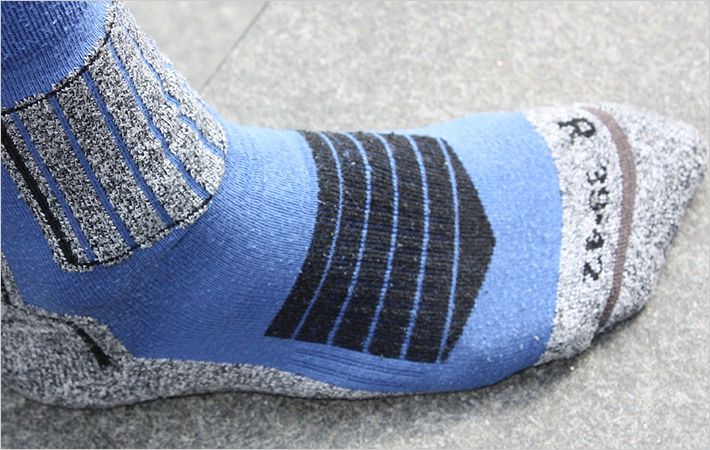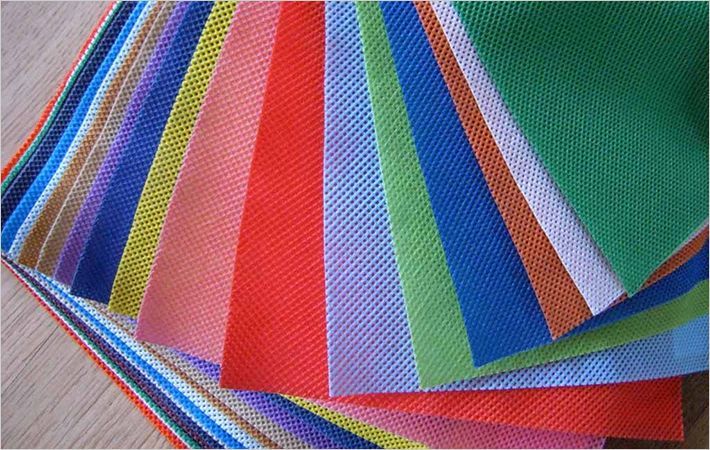COSTIN New Materials Group Limited, a company principally engaged in the research and development, production and sales of non-woven materials, announced that the Group has completed its expansion project for its recycled chemical fibre production lines, with annual production capacity increased by 40% from 30,000 tons to 42,000 tons. On the other hand, when the Group's newly added non-woven materials and thermal resistant filtration materials production lines commence commercial production by the end of May and June of this year, respectively, the total annual production capacity of the Group's non-woven materials production lines will be increased by approximately 23% from approximately 120 million yards to approximately 150 million yards.
To fulfill the strong market demand for the Group's recycled chemical fibres products and maintain the Group's competitiveness and market share, the Group has continued to expand its production capacity by building new production facilities and undertaking technological improvements for its existing production facilities. The expansion of COSTIN's chemical fibre production lines has been completed and the annual production capacity has been increased from 30,000 tons to 42,000 tons. Since the government has approved to increase the import quantity of the Group's recycled PET chips from 30,000 tons to 53,000 tons, the Group will be able to sell the recycled PET chips in excess of its internal production requirement to increase the Group's sales revenue.p has been emphasizing on scieentific research and innovation. Strong research and development capacity not only helps the Group to broaden products applications to meet the customer demands from #
As for the non-woven materials, the machinery and equipment for the 3 needle-punching production lines and 6 stitch bonded production lines with annual production capacities of approximately 8 million yards and 12 million yards, respectively, have been delivered by the vendors and are under installation. It is expected that these newly expanded production lines will commence commercial production by the end of May 2011.
The machinery and equipment for the 10 million sq. m. thermal resistant filtration materials production lines are under delivery by the vendors. It is expected that these thermal resistant filtration material production lines will commence commercial production by the end of June 2011. Upon the completion of the expansion plan of the above non-woven material and thermal resistant filtration materials, the total annual production capacity of the Group's non-woven material production lines will be increased from approximately 120 million yards to approximately 150 million yards.
Besides production capacity expansion, the Group also focuses on technology
development. The newly-built product development and new materials research and development centre will be opened by the end of June 2011. In addition, the Group has recently signed cooperation agreements with Wuhan Textile University for the research and development of “New Environmental-friendly Mulberry Fiber”, and with Tianjin Polytechnic University to research and develop “Recycled Textiles Composite Technology”. “New Environmental-friendly Mulberry Fiber” is a R & D project which uses the plant fibre of Mulberry to substitute cotton and petrochemical fibres to be the raw materials of textile and
non-woven materials. This project has been incorporated to be one of the key technology cases of the Twelfth Five Year Plans by the Quanzhou Development and Reform Commission in Fujian, China. “Recycled Textiles Composite Technology” is a R & D project which uses recycled textiles to be raw materials of insulating decoration plates, corrosion resistant composite materials and composite pipes. Insulating decoration plates can be used in building semi-permanent movable houses, structures like walls, floors and roof of usual buildings, and as raw materials for other furniture. It possesses the advantages of light-weight and thermal insulation. Corrosive resistant composite materials are mainly used in power plants, transportation, construction and chemical industries, while composite pipes can be used in various channel water projects and drainages. In addition, the Group has entered into R & D cooperation relationship with Zhejiang Polytechnic University to set up an “Environmentally Friendly Filtration Materials R & D Centre” and the Group has been granted as the “Education Practicing Centre for Zhejiang Polytechnic University”. Mr. Chim Wai Shing Jackson, the Chief Executive Officer of COSTIN said, “The Group h

